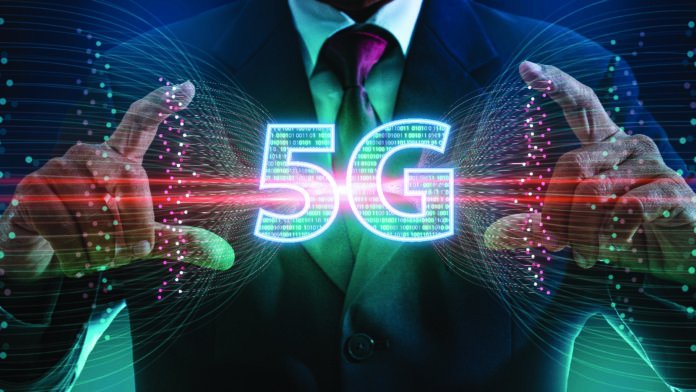5G is comparatively a new member of the digital transformation family, so many enterprises and sectors are not completely aware of the risks associated with it.
Enterprises are extremely excited as well as curious to know all about 5G, especially to understand the associated risks. Firms must have a plan for discovering, analyzing and overcoming the risks related to 5G at the outset of a 5G/IoT platform rollout to secure themselves from the unintended cybersecurity disasters.
Global Data Ethics Demand CIOs to Strike the Right Balance between Ethics and Privacy
There is a huge difference between the promise of 5G (higher bandwidth, low latency, and faster speed for businesses) and its real security risks. Businesses are excited about Gartner’s prediction of $4.2 billion investment by 2020 in the global 5G wireless network infrastructure. But, this should not make them less cautious about its unheralded security holes of 5G.
Firms will need a futuristic strategy for overcoming 5G’s inherent security flaws (carried forward from 4G), to avoid facing huge losses and privacy breaches. 5G is expected to drive all other technologies like – IoT, IIoT, cloud, network virtualization, and edge computing, which clearly forecast multiplying endpoint security complications. Although the manufacturing industry cites IIoT security as their top priority, the combination of 5G security vulnerabilities may become a significant hurdle for them.
Accenture recently conducted research to understand 5G vulnerabilities, surveying over 2,600 CTOs and CEOs across 12 industries in Europe, North America, and Asia-Pacific. The study indicated that about 62% of them fear that 5G will make them even more vulnerable to cyber-attacks. Looking at the root cause of the problem – the reality is that major security problems stem from the virtualized and the software-defined nature of 5G. The confusion becomes greater when comparing 5G with the hardware foundations of the LTE mobile communication standards, which were comparatively more secure.
The 5G network promises security by ensuring device authentication, device ID, and device encryption. But the flip side is that these pluses also carry certain security risks within themselves. Decoding the Mobile Network mapping (MNmap) helps attackers to create maps of devices connected to a network, identifying each device and linking it to a specific person. Also, another common type of attack is the Man-in-the-middle (MiTM) attacks that enable the attackers to hijack device information before security systems are in place. The supply chain security challenges in the case of 5G are also common where the platform components from overseas get affected due to inherent security flaws.
Firms Fight OT Security Challenges in the Age of IoT
One of the biggest risks remains the malicious actors that reach the target location, spy on calls, creating the potential for ransomware injection into the 5G network targeting a particular mobile carrier. Other vulnerabilities across the wireless and IoT sector include Authenticated Key Exchange protocols (AKA), SIM Jacking, and other base station backdoor vulnerabilities. DDoS attacks will become more common with the widespread adoption of 5G, as the attackers will have more control over the medical devices and the video surveillance systems.
The picture doesn’t have to be very unwelcoming one for enterprises that want to maximize the benefits, by eliminating the 5G vulnerabilities across sectors like – utilities, healthcare, finance, communication, automotive and many others. 5G has a long way to go when it comes to standardizing practices across businesses and sectors. And, with the continuously transforming technology landscape, firms need to partner with IoT/ IT security experts to plan their 5G adoption journey to avoid cybersecurity risks.









